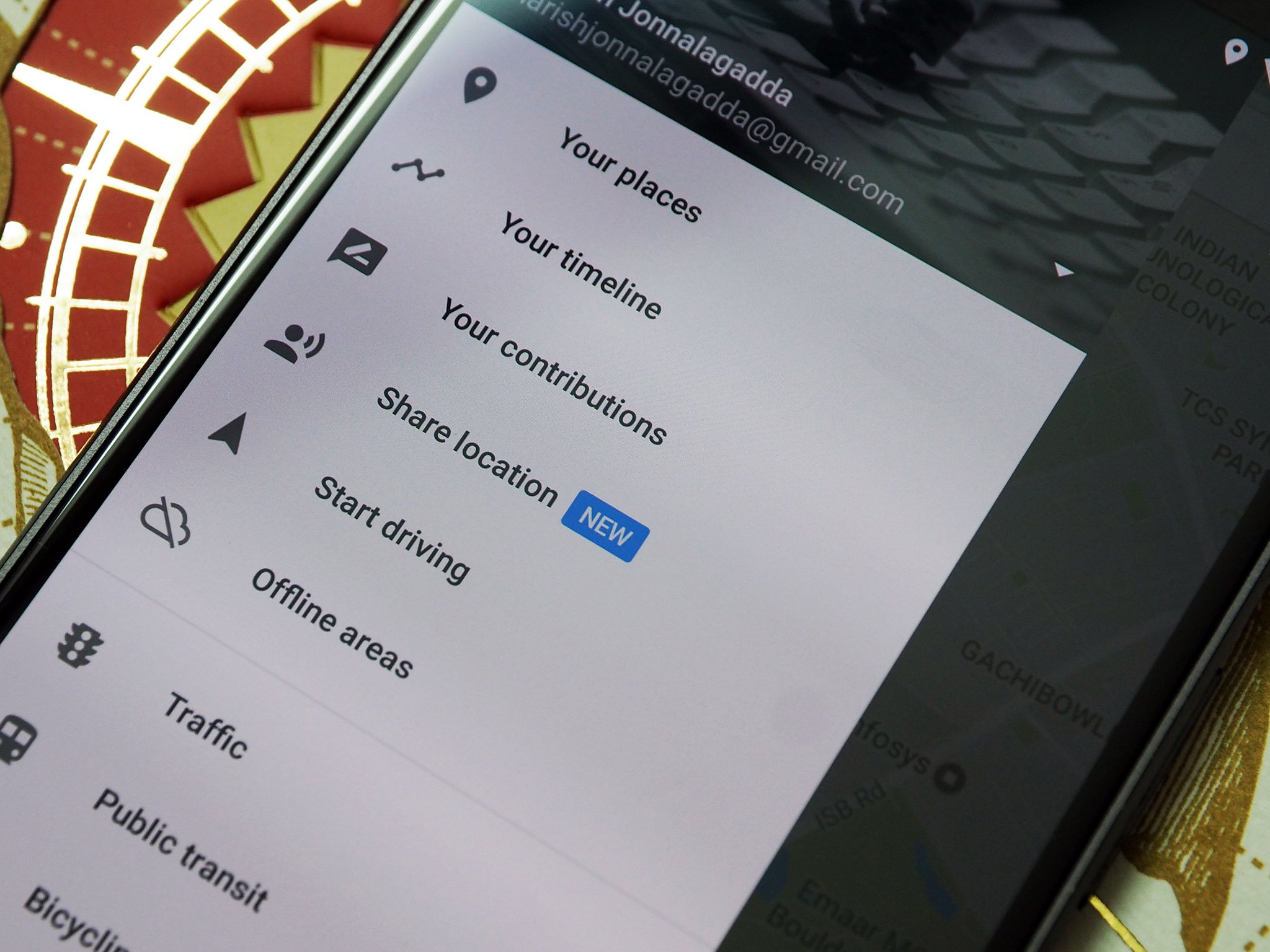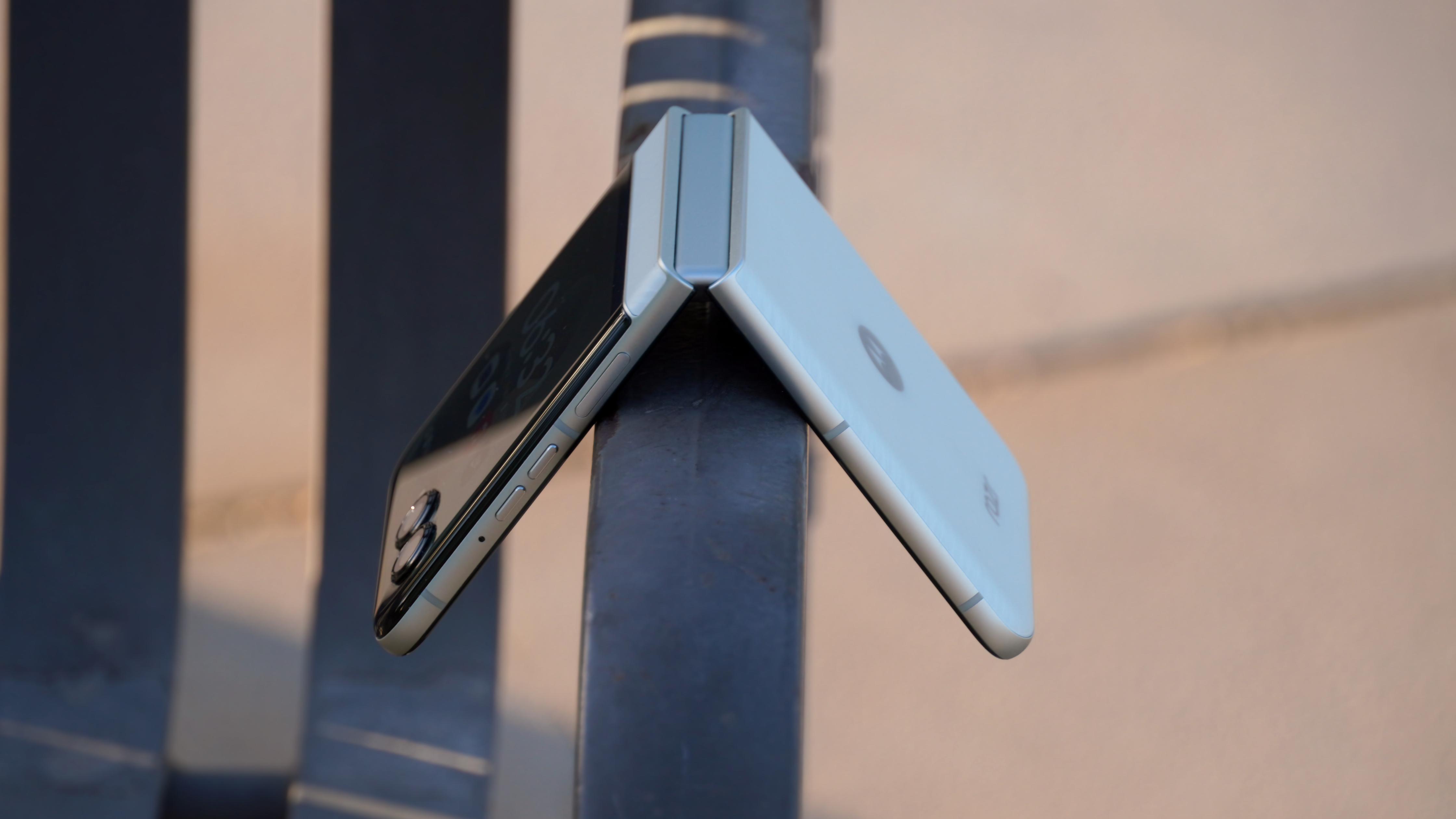Supreme Court to decide what's required to get location records from your carrier

The Supreme Court has agreed to hear a case to decide if government officers need a warrant to access your cell phone's location history. The ACLU is co-counsel in the Carpenter v United States case, which is the first of its kind to be heard by the court as previous petitions were denied.
ACLU Speech, Privacy, and Technology Project staff attorney Nathan Fred Wessler had the following to say:
Because cell phone location records can reveal countless private details of our lives, police should only be able to access them by getting a warrant based on probable cause. The time has come for the Supreme Court to make clear that the longstanding protections of the Fourth Amendment apply with undiminished force to these kinds of sensitive digital records.
The case is an appeal of a 2011 case where law enforcement obtained months worth of location data from Timothy Carpenter's cell carrier in a robbery investigation. The records cover 127 days and 12,898 separate data points were released without a probable-cause warrant.
We're hopeful that rules about how and when that data can be obtained will arise from this case.
The ACLU claims that "Police seek these kinds of cell phone location records from phone companies tens of thousands of times each year" without a warrant, but instead simply a request to the carrier. But many jurisdictions do not require a warrant to obtain such information, based on a 2015 U.S. Eleventh Circuit Court ruling.
We understand that information like location data can be a valuable tool for law enforcement and help keep us all safe. But we're hopeful that rules about how and when that data can be obtained will arise from this case.
Get the latest news from Android Central, your trusted companion in the world of Android

Jerry is an amateur woodworker and struggling shade tree mechanic. There's nothing he can't take apart, but many things he can't reassemble. You'll find him writing and speaking his loud opinion on Android Central and occasionally on Threads.
